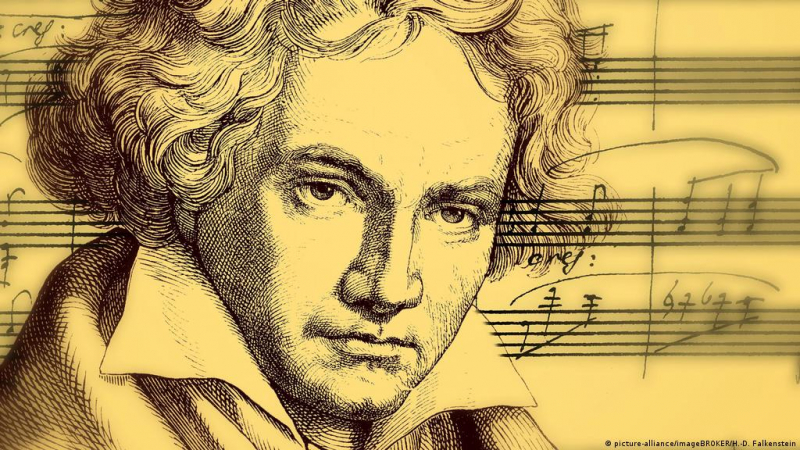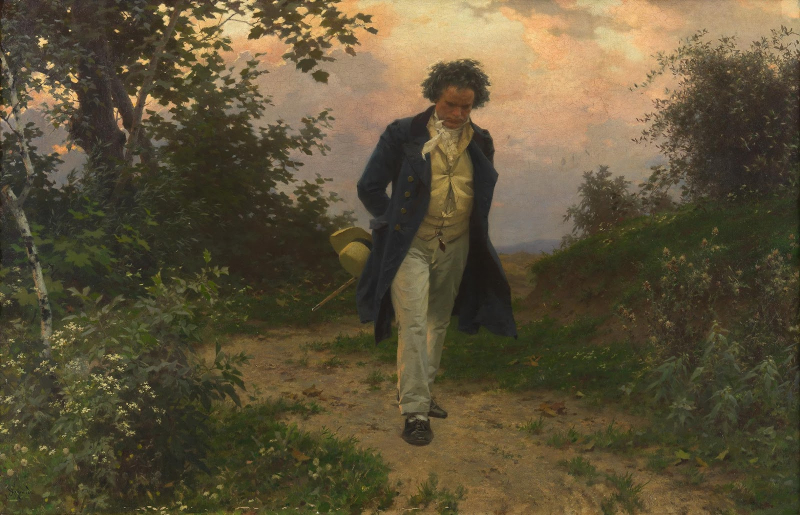Beethoven was unlucky in love
Beethoven never got married, and his love life was turbulent. He formed several love ties, some of which could have gone unfulfilled. Despite his musical prowess, his comparatively low social status meant that his repeated attempts to court well-born ladies were fruitless. Anton Schindler, Beethoven's helper, found a concealed drawer after the composer's passing in March 1827. It held several photographs, cash, and two documents. One of these was a letter Beethoven sent to his brothers in 1802 that became known as the Heiligenstadt Testament. In it, he bemoaned his deteriorating hearing and expressed his sorrow and melancholy about the effect his condition would have on his artistic talents.
The other was a letter that spanned 10 compact pages and was written in pencil in Beethoven's sloppy handwriting. It portrays his mental turmoil and longing for an anonymous woman in three blasts. He proposes an assignation in a nearby place known only as "K," which historians say was most likely Karlsbad, now the Czech town of Karlovy Vary, out of a desire for them to be together. As Beethoven writes, his optimism for the connection seems to wane. The last section conveys his resignation that their great love was never to be as he signs off with the lines, “Ever thine. Ever mine. Ever ours.” The disastrous relationship began at the same time as one of Beethoven's worst phases, during which he spent several years without producing a significant piece of music.
One of the biggest riddles in music history has never been fully explained. Who was the woman who had Ludwig van Beethoven infatuated to the point where he felt forced to write a notoriously passionate and fervent love letter that has endured the test of time? Beethoven's "Immortal Beloved," more correctly titled "Eternally Beloved," has baffled scholars for two centuries and even served as the inspiration for a movie. However, the exact facts might never be revealed.










